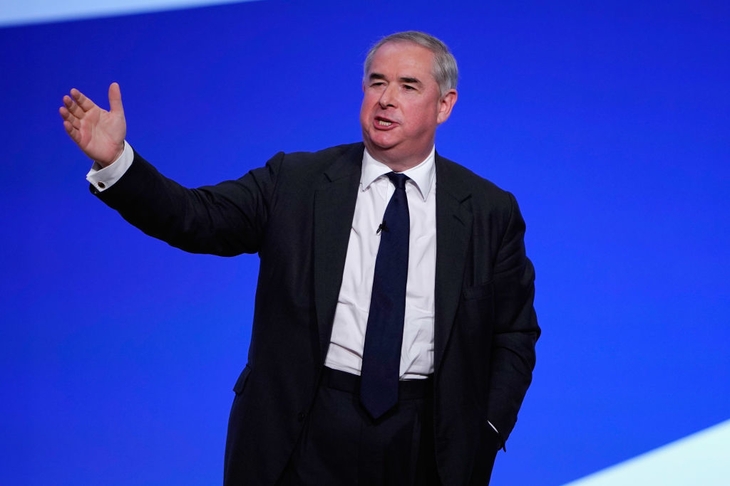Is a Brexit breakthrough imminent? The talk in Westminster tonight is that the government could soon have something to present to MPs on the Irish backstop. Geoffrey Cox – the Attorney General – has been in Brussels this week working with EU officials on a legally binding change. He has managed to charm some on the EU side and – in a sign of his commitment to the cause – is said to have threatened to sleep in the corridors if that’s what it took to get a deal done. At Cabinet today, Cox urged caution, telling colleagues there is still some way to go – yet Cabinet sources are optimistic that a concession is coming in the form of a codicil.
So, what will it look like? Within government the expectation is that it will need to be a unilateral exit with a time limit to have any chance of flying back home. The European Research Group’s preferred option – the Malthouse compromise – appears to have been put on ice for the timebeing though members of the ERG insist it lives to fight another day (potentially in the next stage of the negotiations). A pre-scheduled speech from Cox has been delayed. That speech had been part intended as a way for Cox to propose an idea – and then show Brussels the positive response back home for such a change on the backstop. Now it seems the plan is that any Cox speech should be formed around an announcement of him having achieved something on the backstop. Notably, there is an EU/Arab summit in Egypt this weekend which May may attend.
There are some government figures who are optimistic that if things do go to plan over the next few days, a meaningful vote on a revamped deal could happen as early as next week. While a number of ministers are sceptical of such a quick turnaround, there is an argument gaining traction in Whitehall that a meaningful vote could be the best way to stop the Boles-Cooper amendment to take no deal off the table from passing next week when MPs vote on options once again. Others think it would be enough to simply show MPs next week that a deal is near and substantial progress has been made. If Remain-leaning MPs believe a deal is close (or – better still – a deal passes), they will feel less inclined to rebel.







Comments